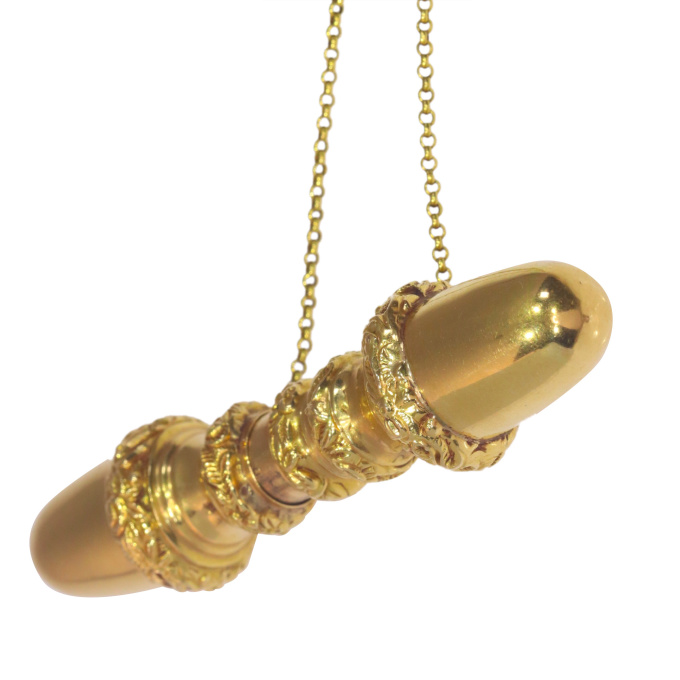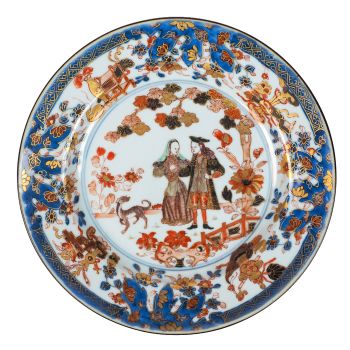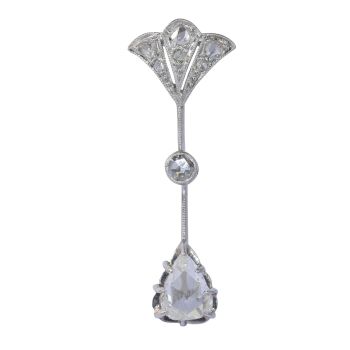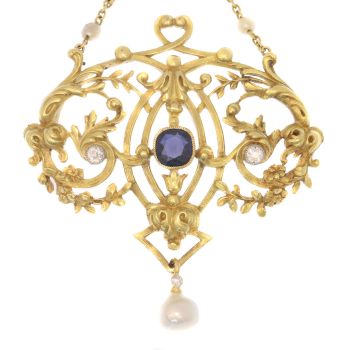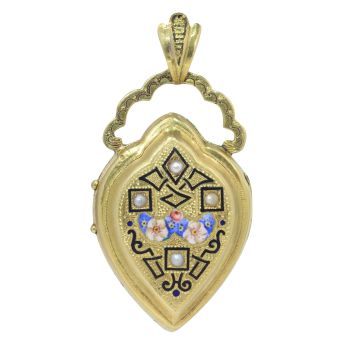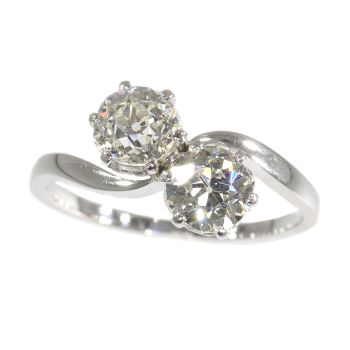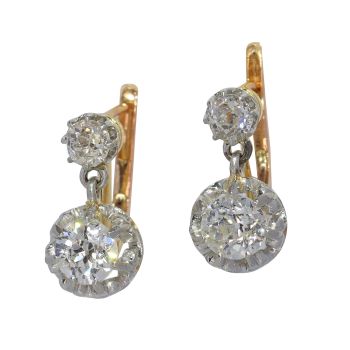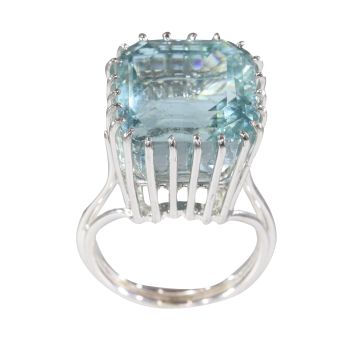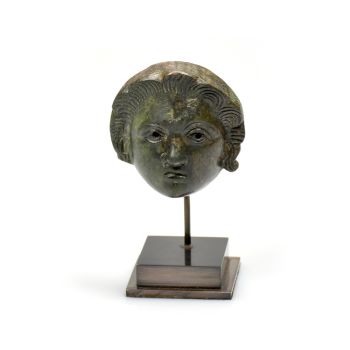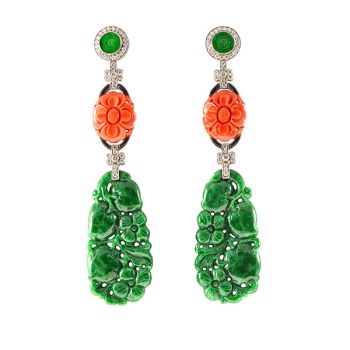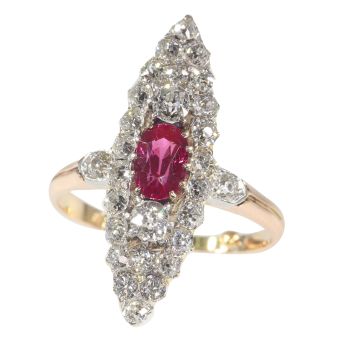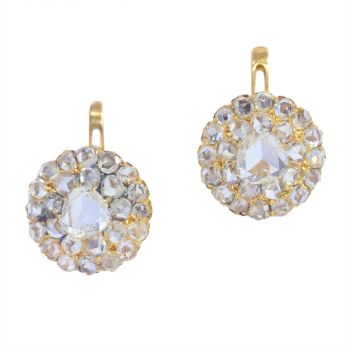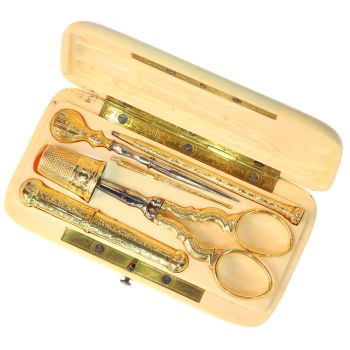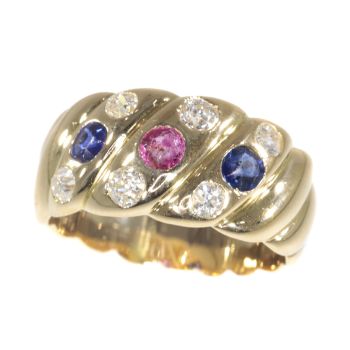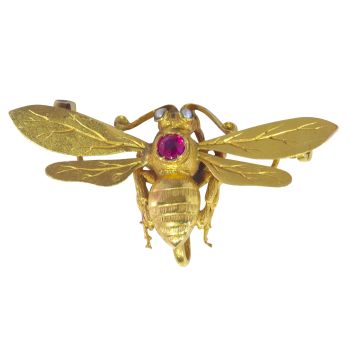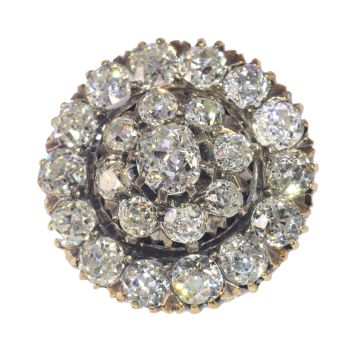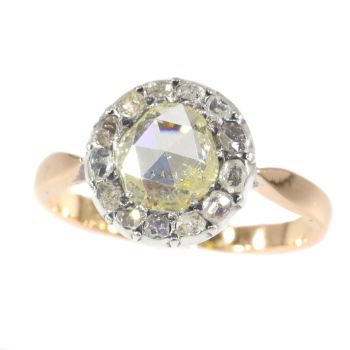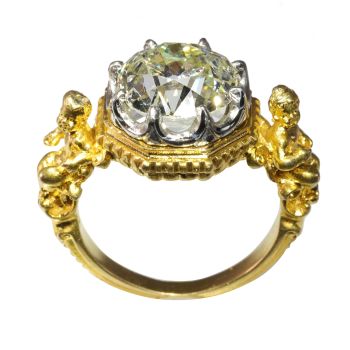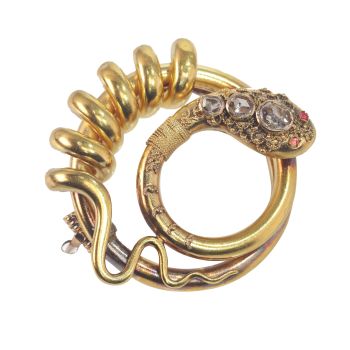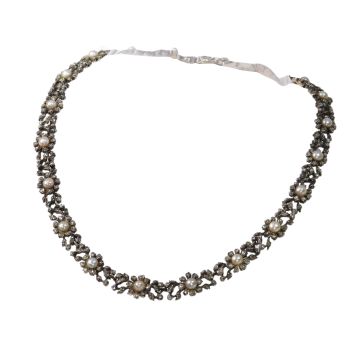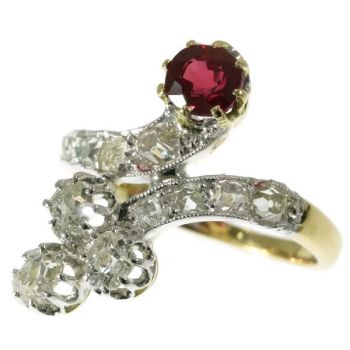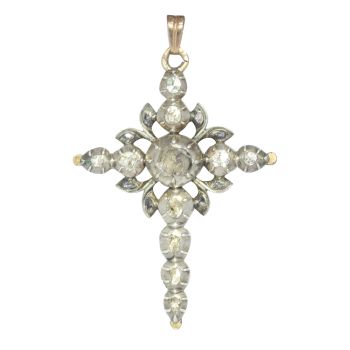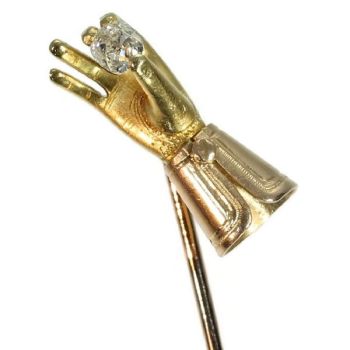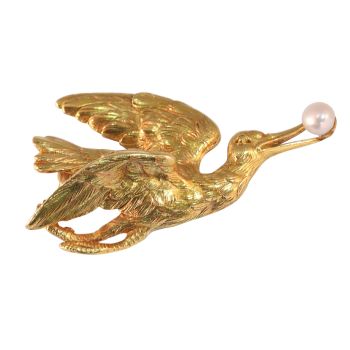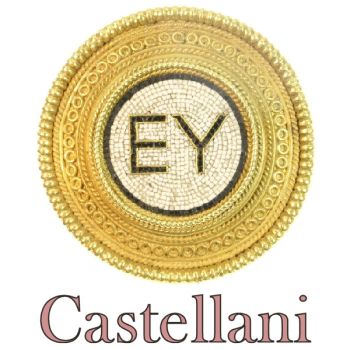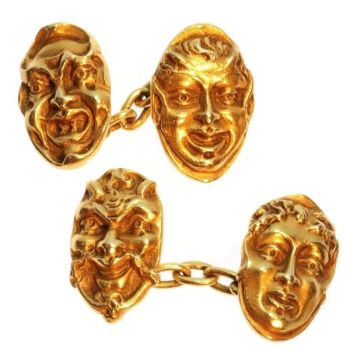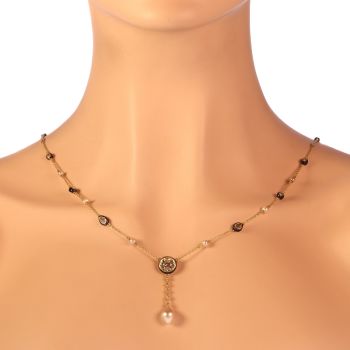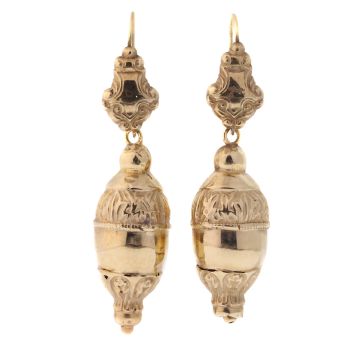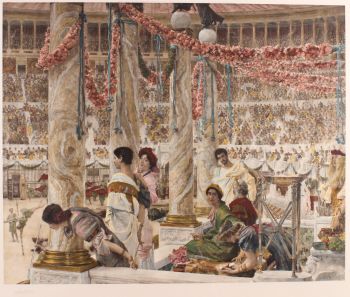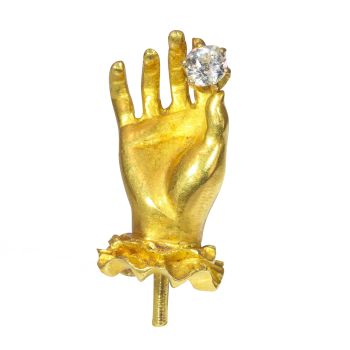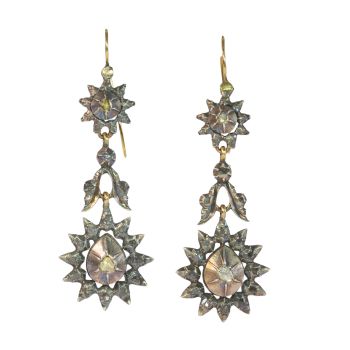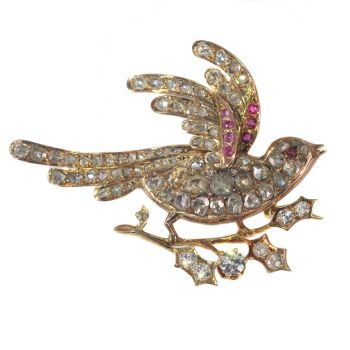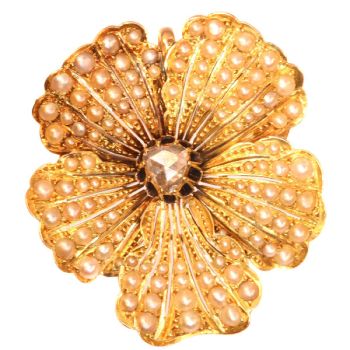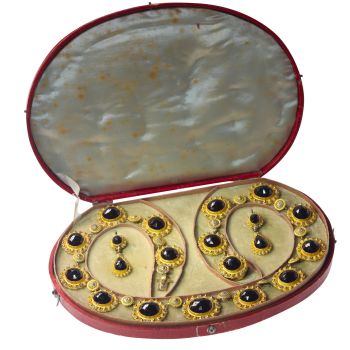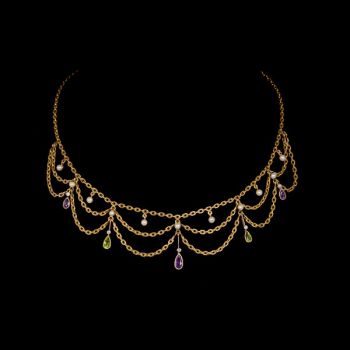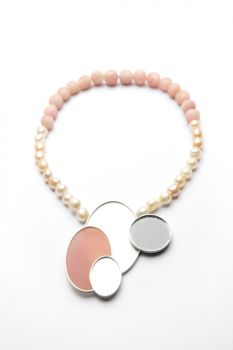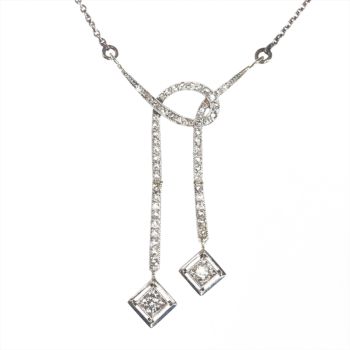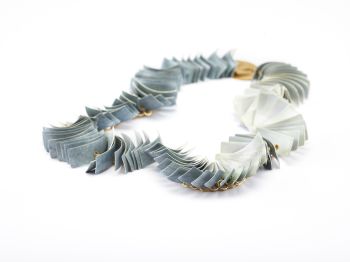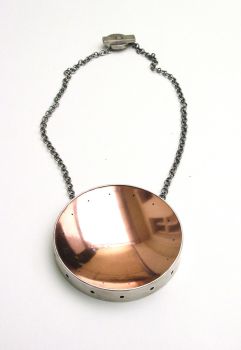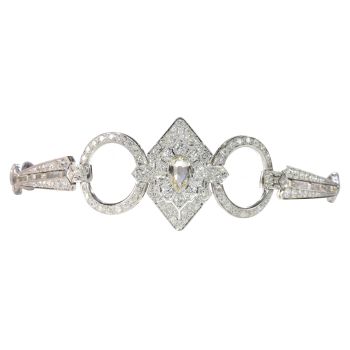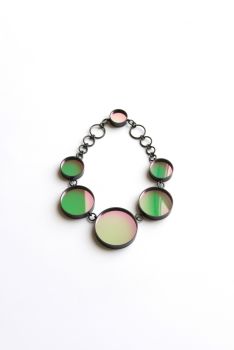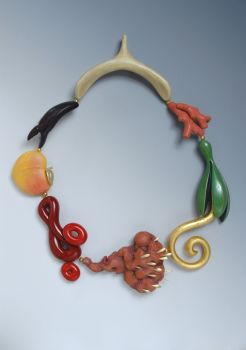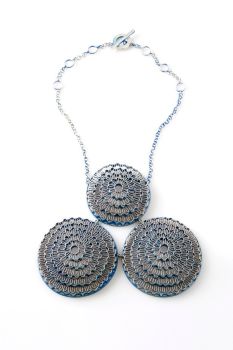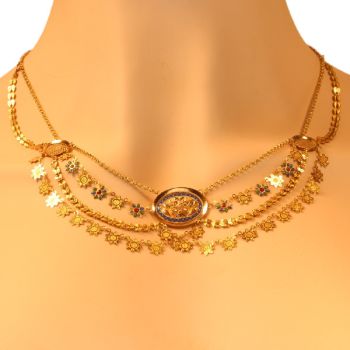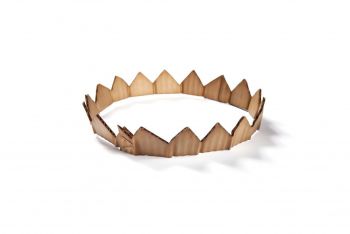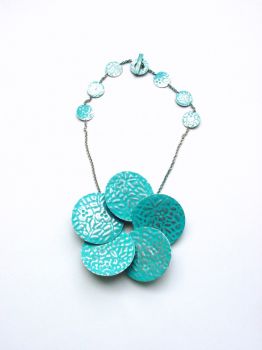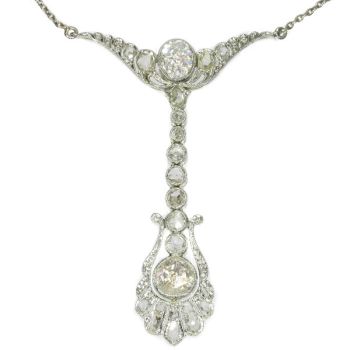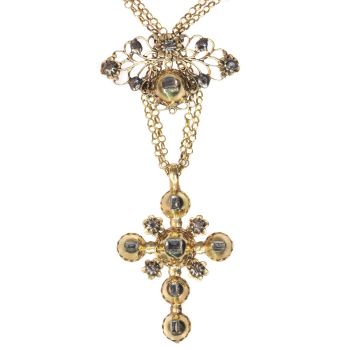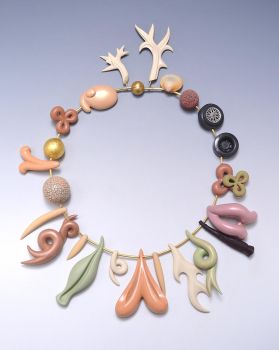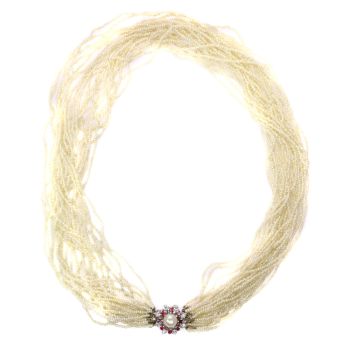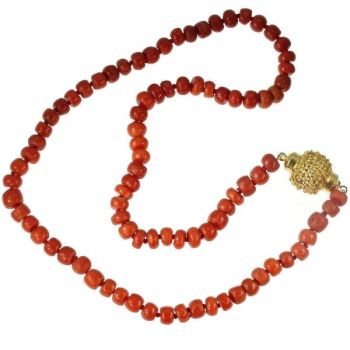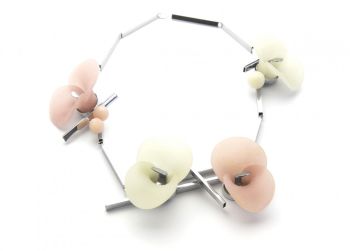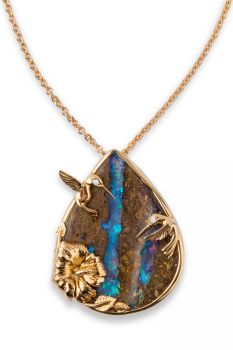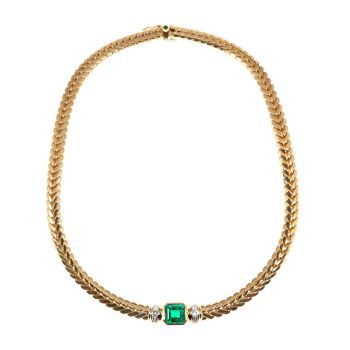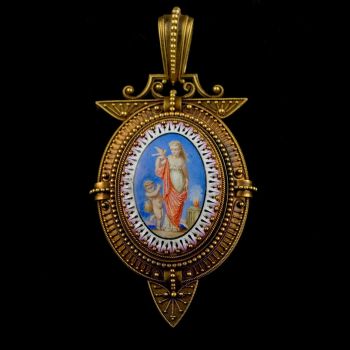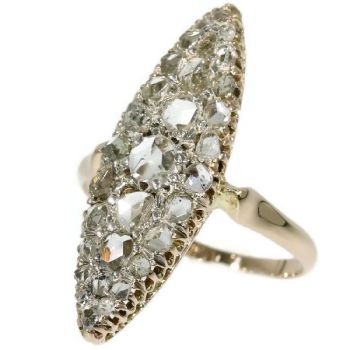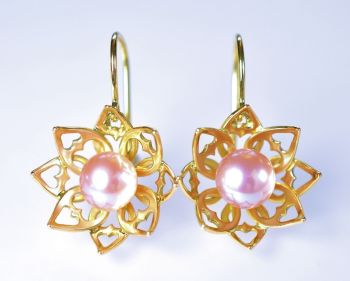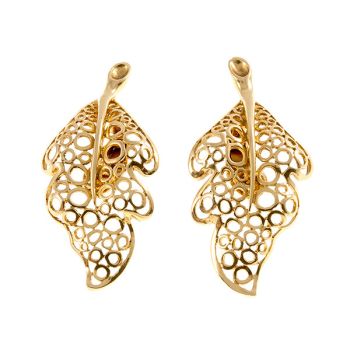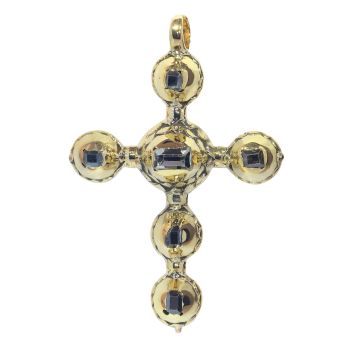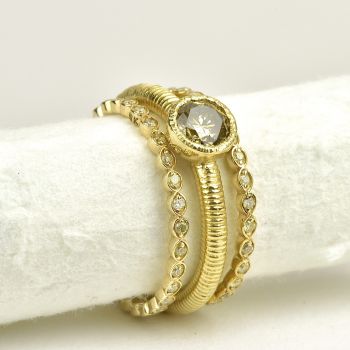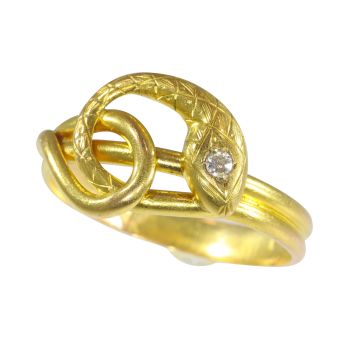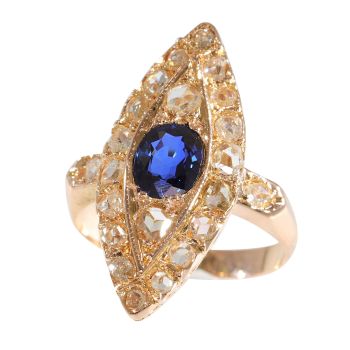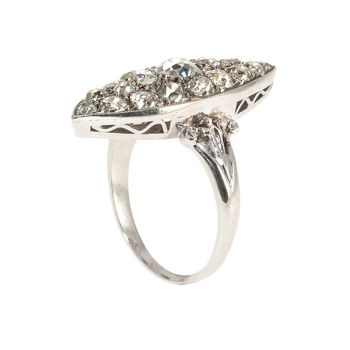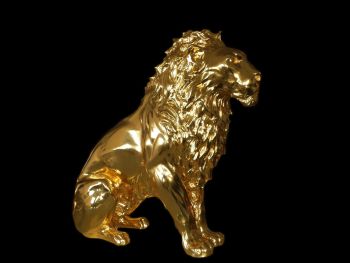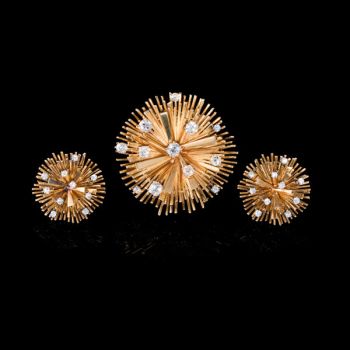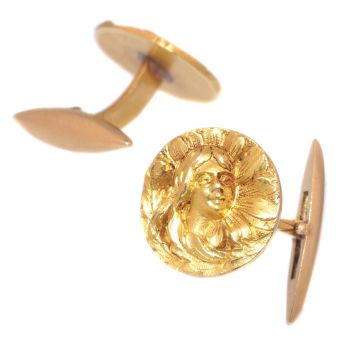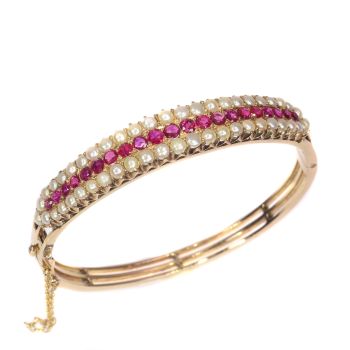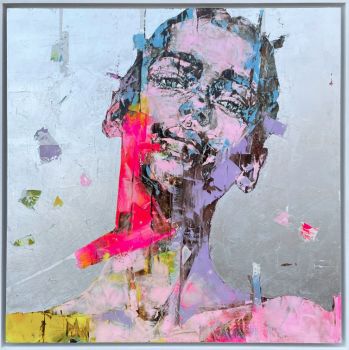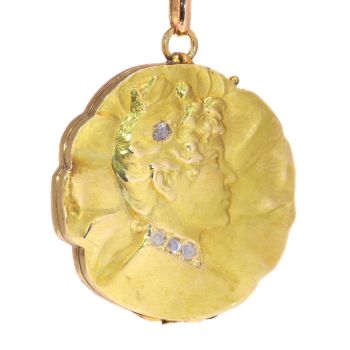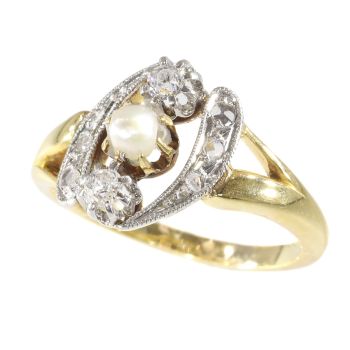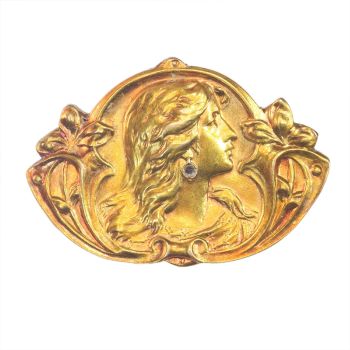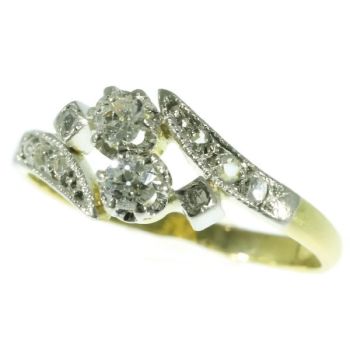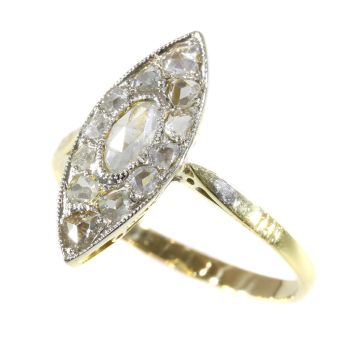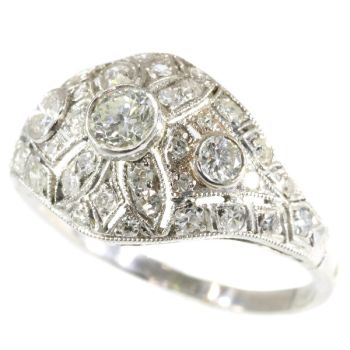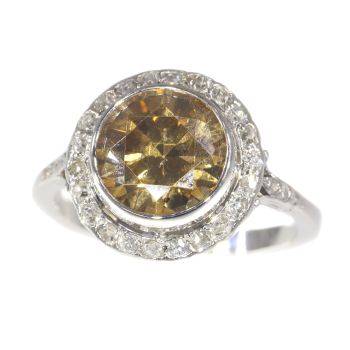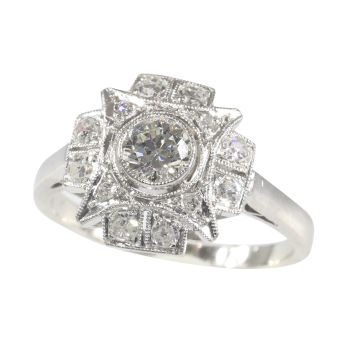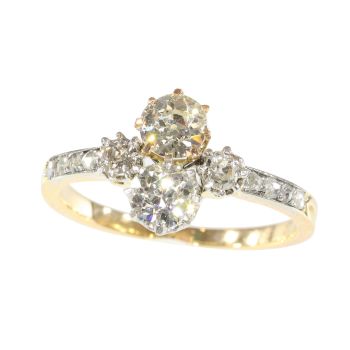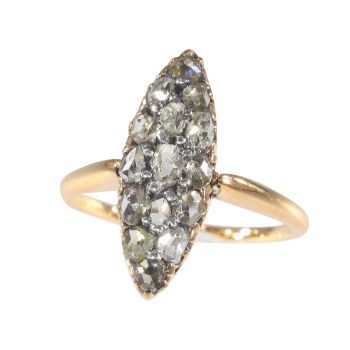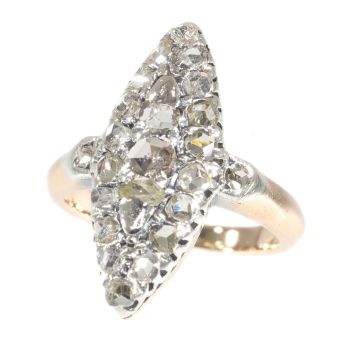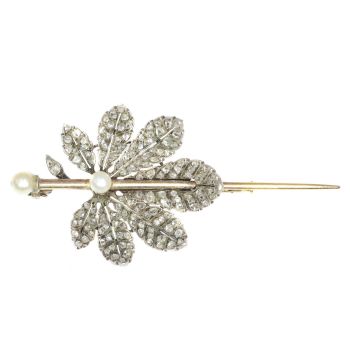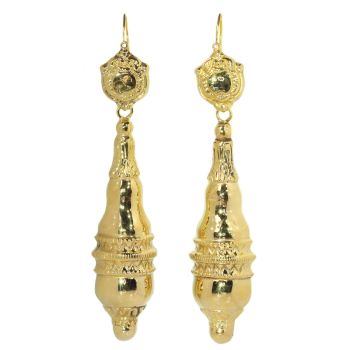Antique Dutch 18K gold mystery jewel pendant on chain 1870
Artiste Inconnu
Or
€ 3.450
Adin Fine Antique Jewellery
- Sur l'oeuvre d'art
Antique jewelry object group
pendant on chain
Condition
very good condition
more info on our condition scale
Country of origin
Netherlands
Style
Victorian - Victorian decorative arts refers to the style of decorative arts during the Victorian era. The Victorian era is known for its eclectic revival and interpretation of historic styles and the introduction of cross-cultural influences from the middle east and Asia in furniture, fittings, and Interior decoration. Victorian design is widely viewed as having indulged in a regrettable excess of ornament. The Arts and Crafts movement, the aesthetic movement, Anglo-Japanese style, and Art Nouveau style have their beginnings in the late Victorian era.
See also: Victorian
more info on styles
Style specifics
The Grand Victorian Period - Experts divide the reign of Queen Victoria, also called The Victorian era (1837 - 1901) into three periods of about twenty years each; The Romantic Victorian Period (1837 - 1860), The Grand Victorian Period (1860 - 1880), and the Late or Aesthetic Victorian Period (1880 - 1901).
We consider this to be of the Grand Victorian Period.
This second Victorian period is famous for its ostentatious pieces set with pearls and diamonds (from South Africa). From ca. 1850 wealthy English had reported about jewelry from India and Japan, which heavily inspired the jewelers of this period. This period also corresponds with the death of Queen Victoria's husband King Albert making mourning jewelry (set with heavy dark stones) the type of jewelry specific for this period.
Period
ca. 1870
Events & facts of this era, poetry of this era, fashion of this era.
Material
18K red gold (touchstone tested)
more info on precious metals
Extra information
Althought the separate acorns resemble holders for knitting needles, we have never seen them assembled in this manner. Expert friends we asked for their opinion didn't have an idea either. So if you know what these are, please drop us a line as we are alway eager to learn.
Hallmarks
The Dutch control mark representing a lion's head for 18K gold (used between 1814 and 1906)
more info on hallmarks
Dimensions
length necklace 56,00 cm (22,05 inch), width pendant (when put together) 7,86 cm (3,09 inch)
see picture with a ruler in millimeters and inches
Weight
19,30 gram (12,41 dwt)
Adin Reference Nº
23104-0041
Copyright photography
Adin, fine antique jewellery
Additional information
our latest acquisitions
jewelry glossary
wall of fame
visit us in Antwerp
subscribe to our mailinglist
- Sur l'artiste
Il peut arriver qu'un artiste ou un créateur soit inconnu.
Certaines œuvres ne doivent pas être déterminées par qui elles sont faites ou elles sont faites par (un groupe d') artisans. Les exemples sont des statues de l'Antiquité, des meubles, des miroirs ou des signatures qui ne sont pas claires ou lisibles, mais aussi certaines œuvres ne sont pas signées du tout.
Vous pouvez également trouver la description suivante :
•"Attribué à …." A leur avis probablement une oeuvre de l'artiste, au moins en partie
•« Atelier de …. ou « Atelier de » À leur avis, une œuvre exécutée dans l'atelier ou l'atelier de l'artiste, éventuellement sous sa direction
•« Cercle de… ». A leur avis une oeuvre de la période de l'artiste témoignant de son influence, étroitement associée à l'artiste mais pas forcément son élève
•« Style de … ». ou "Suiveur de ...." Selon eux, une œuvre exécutée dans le style de l'artiste mais pas nécessairement par un élève ; peut être contemporain ou presque contemporain
•« Manière de… ». A leur avis une oeuvre dans le style de l'artiste mais d'une date plus tardive
•"Après …." A leur avis une copie (quelle qu'en soit la date) d'une oeuvre de l'artiste
•« Signé… », « Daté… ». ou « Inscrit » À leur avis, l'œuvre a été signée/datée/inscrite par l'artiste. L'ajout d'un point d'interrogation indique un élément de doute
• "Avec signature ….", "Avec date ….", "Avec inscription …." ou "Porte signature/date/inscription" à leur avis la signature/date/inscription a été ajoutée par quelqu'un d'autre que l'artiste
Êtes-vous intéressé par l'achat de cette oeuvre?
Artwork details
Related artworks
- 1 - 4 / 12
Lawrence Alma-Tadema
"Caracalla and Geta: Bear Fight in The Coliseum, AD 203" 1907
Prix sur demandeGallerease Selected
 Sélectionné par
Sélectionné parDanny Bree
1 - 4 / 24- 1 - 4 / 24
- 1 - 4 / 24
- 1 - 4 / 12

